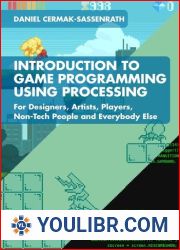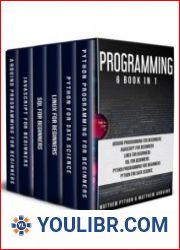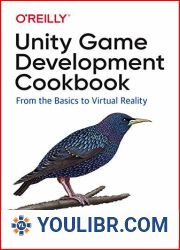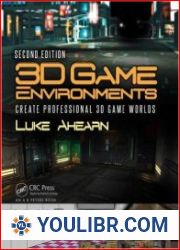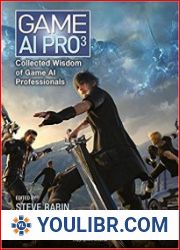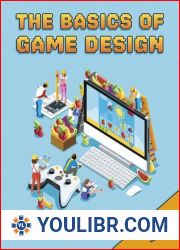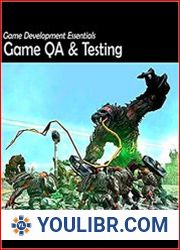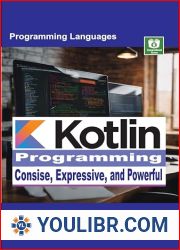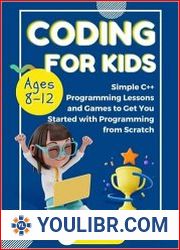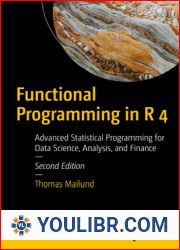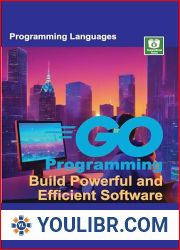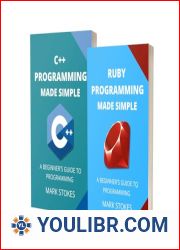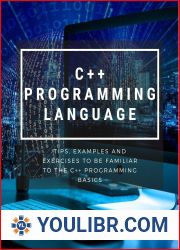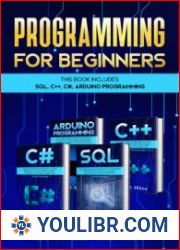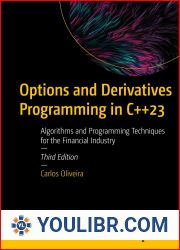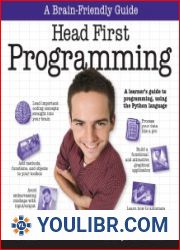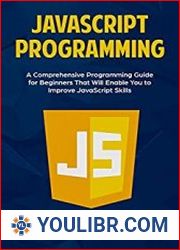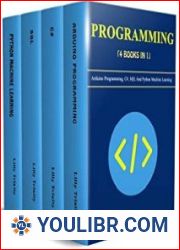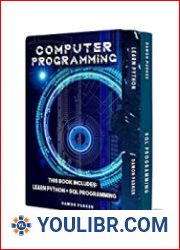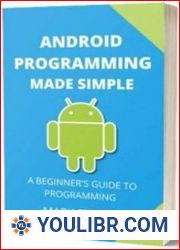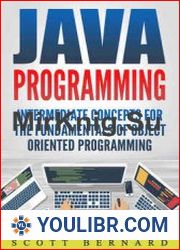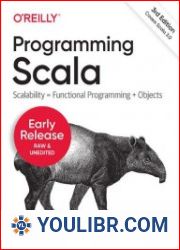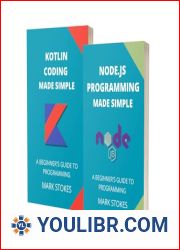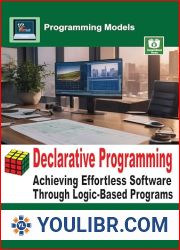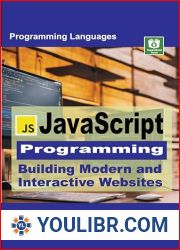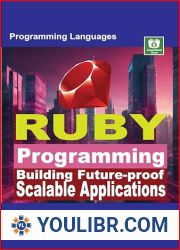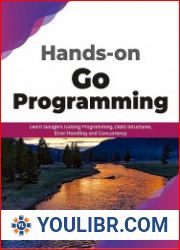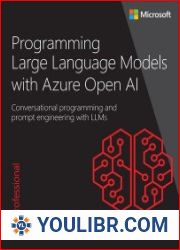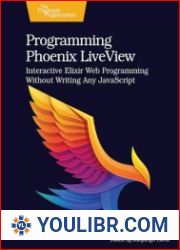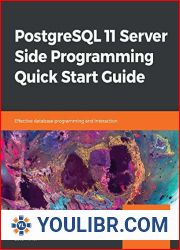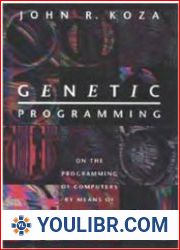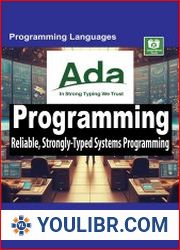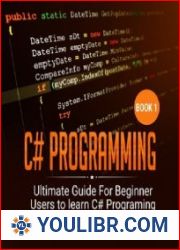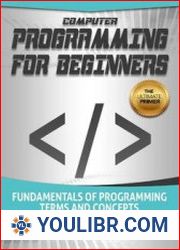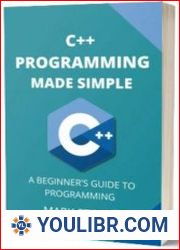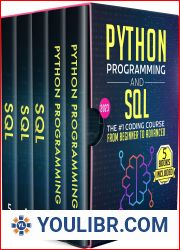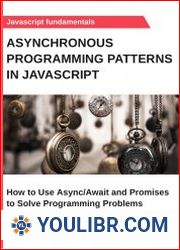
BOOKS - Introduction to Game Programming using Processing: For Designers, Artists, Pl...

Introduction to Game Programming using Processing: For Designers, Artists, Players, Non-Tech People and Everybody Else
Author: Daniel Cermak-Sassenrath
Year: June 27, 2024
Format: PDF
File size: PDF 12 MB
Language: English
Year: June 27, 2024
Format: PDF
File size: PDF 12 MB
Language: English
This is an introductory textbook focusing on games (specifically interaction and graphics) as a pathway into programming. It empowers its readers to do basic programming, prototyping, creating games and other highly interactive applications, all from scratch and without any prior programming knowledge. Using the popular programming language Processing, it describes, explains, and demonstrates the basic and general programming principles and mechanisms used in typical game algorithms and concrete game projects. Chapters cover basic graphics, text output, loops, data types and variables, movement, time, audio and sound, debugging, classes and objects, event-based programming, real-time input controls, computer speed compensation, animation, tiling, scrolling, collision detection, basic AI and much more. Additional support materials such as code examples and demo programs are available to download from the book's webpage. This book is an attempt to support non-tech people such as designers, artists, players, other non-tech people and the interested public, to start programming, hopefully, in a fun and accessible way: Games as a pathway into programming. It empowers readers to do basic programming, prototyping, creating games and other highly interactive applications, and to talk competently with tech people. This is also an entry-level introduction to programming with examples in the popular language Processing. Basic and general programming principles and mechanisms are described, explained, demonstrated and applied in typical game algorithms and concrete game projects. It is to be expected that for many years, Processing will continue to play a role in learning programming and as a preferred language for artists and designers.







